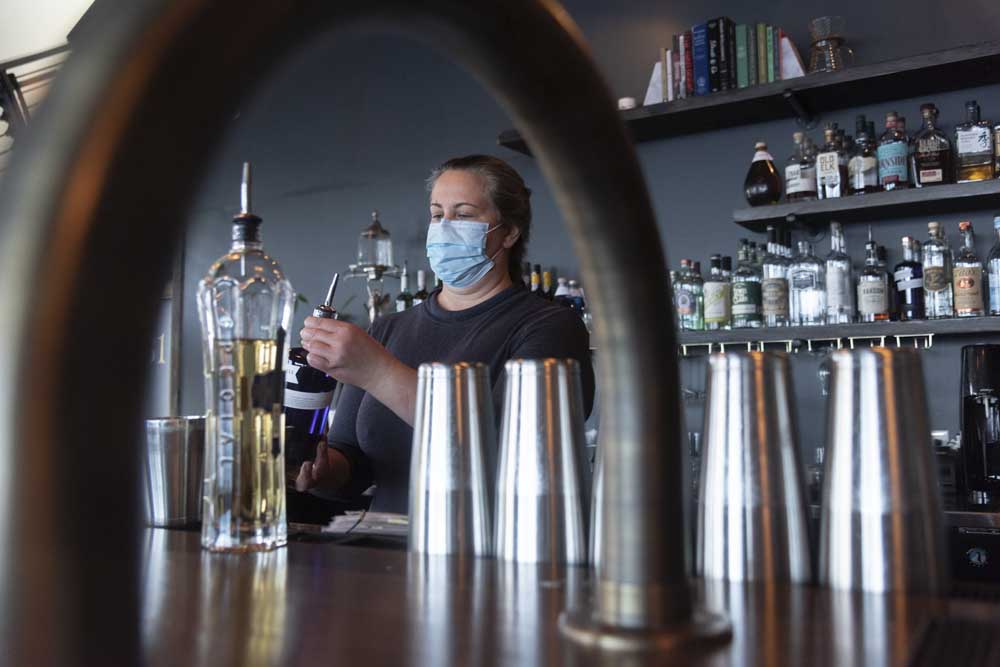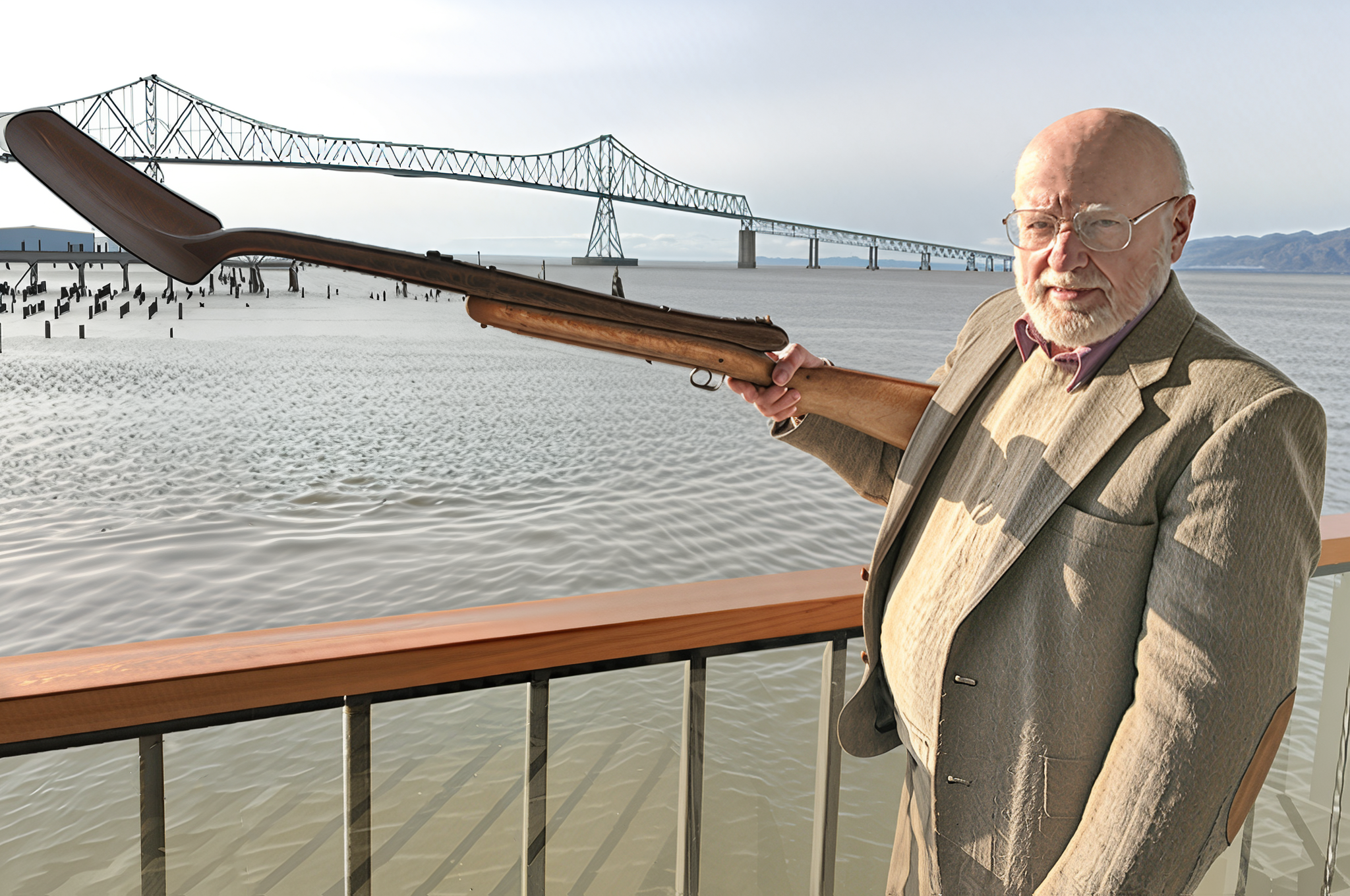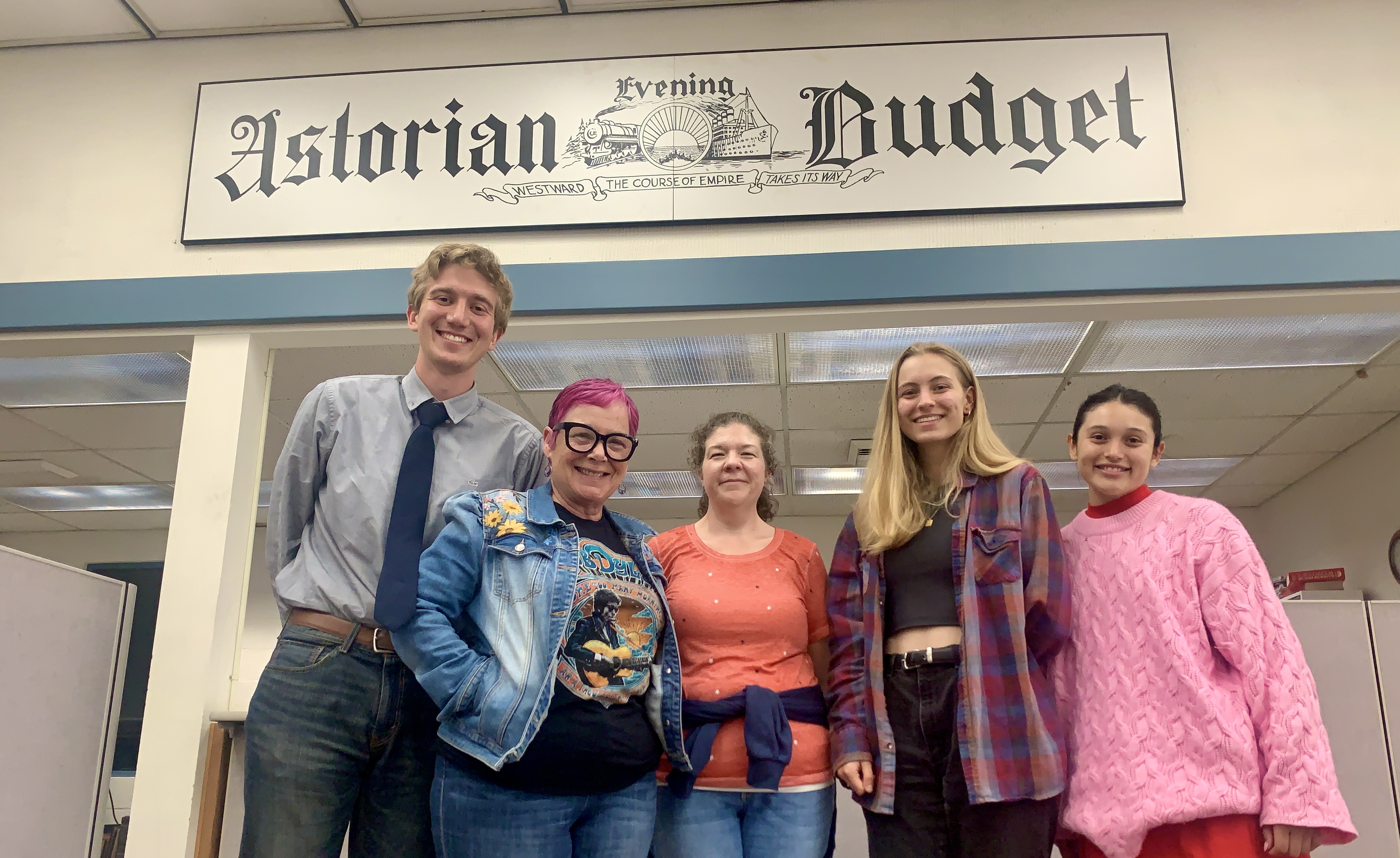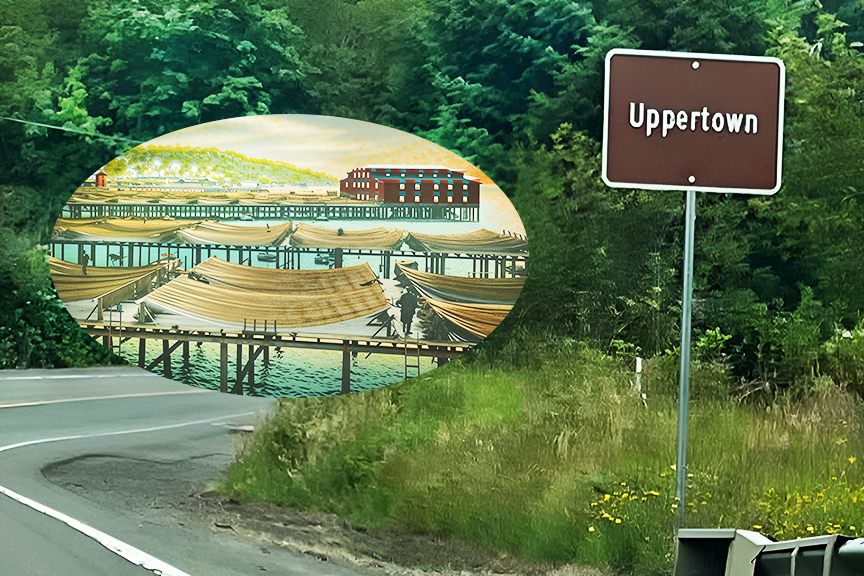Leisure and hospitality likely to drive job growth over next decade
Published 10:45 am Wednesday, November 17, 2021

- Lynn Helmel, a bartender at the Bowline Hotel, prepares a drink.
Leisure and hospitality is expected to bounce back from the coronavirus pandemic and drive job growth in Oregon over the next decade.
The sector — among the hardest hit by COVID-19 — is projected to gain nearly 74,000 jobs by 2030, according to the Oregon Employment Department. The growth is tied to the economic recovery and pent-up demand for travel and recreation.
Much of the growth will come from restoring jobs that were cut during the pandemic. The fastest-growing jobs include cooks, bartenders, waiters and fast-food workers.
“I think when it comes to the comeback, it’s traditionally been the industry that bounces back the quickest,” said David Reid, the executive director of the Astoria-Warrenton Area Chamber of Commerce.
Leisure and hospitality is often immune to the motion sickness of rapid rehiring.
Before the pandemic, Clatsop County’s leisure and hospitality sector would fluctuate by about 1,000 workers — a quarter of its workforce — each busy season.
When the pandemic hit, leisure and hospitality lost over 2,600 jobs in the county in March and April 2020, the Employment Department found.
Job numbers have been creeping up since then, and as of September, the sector was about 10% behind employment in September 2019.
“When the economy comes back, people start getting money. Then they start going on vacation,” Reid said. “They have this sort of pent-up demand for services — we saw that in whiplash fashion this last year — where as soon as we were able to travel we all did in somewhat different ways.”
At over 16% job growth across all industries by 2030, Northwest Oregon is projected to be among the fastest-growing regions in the state.
Given the rebound from the pandemic and new businesses in the region, Reid said “growth is inevitable.”
Tourism, which makes up about a quarter of Clatsop County’s economic base, will play a significant role in the recovery, said Kevin Leahy, the executive director of Clatsop Economic Development Resources.
“It decimated it, with the pandemic, with everything that was shut down,” he said. “It seems like it’s been going on forever, and I guess that it has. So when you look at when the pandemic first started most restaurants closed, for example, and hotels.”
Quick thinking, like investing in takeout options and altering operations, kept businesses afloat. Leahy said government relief money was also a lifesaver. Many of the businesses that were able to pivot and retainemployees are in better position to snap back.
“We have many restaurants and hotels here that in the dark times continued to make payroll for their long-term staff, because they knew that if they didn’t do that, they’d lose them,” Leahy said.
Beyond pandemic recovery, new businesses are expected to contribute to the decade’s job growth.
The Bowline Hotel, part of Adrift Hospitality, created around 30 jobs when it opened last summer at a former anchovy processing plant on the waterfront in Astoria.
Tiffany Turner, Adrift Hospitality’s co-founder, said she expects local jobs in leisure and hospitality to grow alongside Portland and Seattle, though Adrift does not plan on expanding its workforce at this time.
She said it’s important for the tourism industry to grow responsibly, with the greater community in mind.
“So, what type of visitors do we want to come here, and how do we want to make sure that they’re treating our communities with the respect that they deserve?” Turner said.
The balance involves creating businesses that will serve visitors, she said, while also keeping money in the community and providing meaningful jobs for locals.









